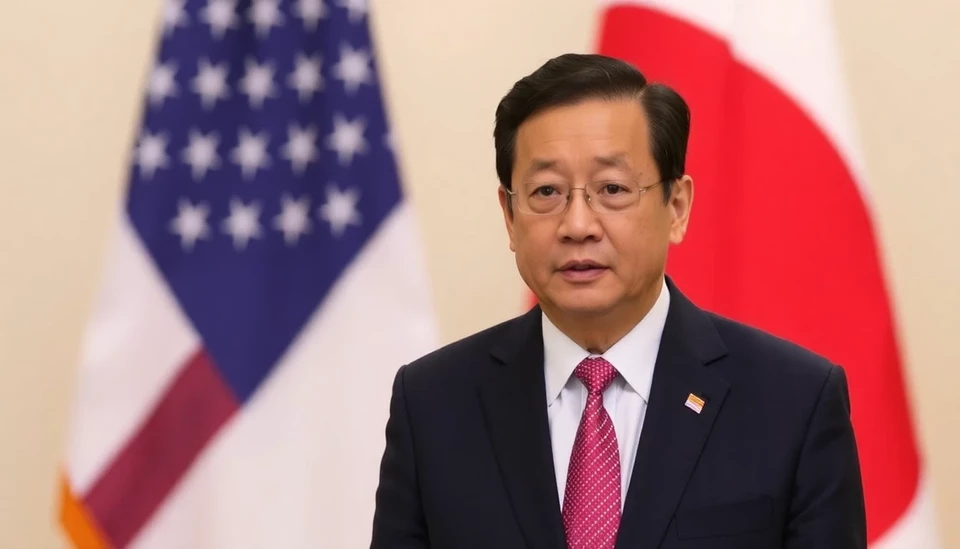
In a recent analysis, economists have suggested that Indonesia may experience a set of slower and shallower cuts to its interest rates in the upcoming months. This forecast comes at a time when the country's central bank faces the challenge of balancing inflation control with the need to stimulate economic growth.
The prediction is driven by a combination of factors, including continued concerns surrounding inflationary pressures and external economic dynamics. As inflation rates slightly fluctuate, the Bank Indonesia (BI) is likely to proceed with a more cautious approach when it comes to adjusting interest rates. This sudden shift reinforces the need for the central bank to maintain a delicate equilibrium between ensuring economic stability and providing support for growth.
Analysts are now closely monitoring the by-products of recent rate decisions made by the BI, with many expecting the bank to ultimately implement a series of minor reductions instead of significant cuts. The expectation is that these adjustments will be strategically timed, allowing the central bank to evaluate the ongoing economic data and maintain a keen oversight of domestic inflation rates.
Moreover, some experts argue that Indonesia’s economic recovery has been showing signs of resilience despite global financial pressures. However, the risk posed by fluctuating commodity prices and supply chain disruptions continues to loom large. Thus, any potential cuts in interest rates are unlikely to be aggressive; instead, the intention would be to support the economy without exacerbating inflation, which remains a critical concern.
In light of this, BI officials have reiterated their commitment to fostering a conducive monetary policy environment while being mindful of the evolving global economic landscape. Economists anticipate that the central bank's strategy will increasingly focus on maintaining a balanced approach in response to both domestic and global market indicators.
Overall, as Indonesia continues to navigate through this complex economic situation, stakeholders will be keenly watching for signals from the BI regarding its interest rate policy adjustments in the foreseeable future.
With the ongoing uncertainty surrounding both global and local economic factors, the approach to economic management in Indonesia will undoubtedly require strategic deliberation moving forward.
### Conclusion:
As Indonesia prepares for potential changes in its monetary policy, the emphasis will likely remain on proceeding with caution. Future interest rate adjustments will be characterized by a slower pace, reflecting an adaptive response to the complex economic environment.
#Indonesia #monetarypolicy #interestRates #economics #inflation #BankIndonesia
Author: Rachel Greene




